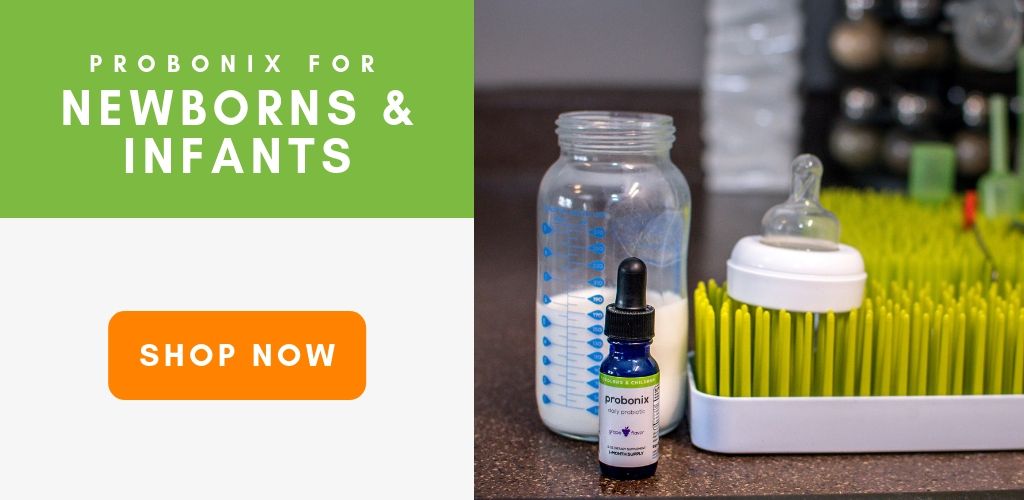Thrush , also known as Candida overgrowth, is a yeast infection that can grow in the mouth and throat. Thrush is found most often in babies and toddlers, but it can affect people of all ages. Thrush shows up in the mouth as whitish or yellowish bumps on the tongue or cheeks. It can look a little like cottage cheese. Thankfully, thrush is not usually a serious condition, but it can cause discomfort, pain, loss of taste, or difficulty swallowing.
, also known as Candida overgrowth, is a yeast infection that can grow in the mouth and throat. Thrush is found most often in babies and toddlers, but it can affect people of all ages. Thrush shows up in the mouth as whitish or yellowish bumps on the tongue or cheeks. It can look a little like cottage cheese. Thankfully, thrush is not usually a serious condition, but it can cause discomfort, pain, loss of taste, or difficulty swallowing.
What causes thrush?
Thrush is caused by an overgrowth of the fungal species Candida albicans. Small amounts of C. albicans naturally occur in both the mouth and the vagina. A healthy immune system and good bacteria in the body help to keep the C. albicans population low, but if these systems aren’t working properly, they can get out of control and lead to overgrowth. Individuals on antibiotics, chemotherapy, or other treatments that result in weakened immune systems or microbiotas with fewer healthy bacteria are more susceptible to thrush. The same is true for those with conditions that weaken the immune system, like HIV and diabetes. Thrush is contagious through physical contact. It is common for expecting mothers with vaginal yeast infections to pass C. albicans overgrowths on to the child while it is passing through the birth canal, making thrush especially common in babies.

How is thrush treated?
Thrush can be cleared up with antifungal medication. These medications are usually applied topically to the insides of the mouth and tongue. They can come in lozenge, mouthwash, liquid, or pill form. Thrush usually clears up within a couple of weeks of treatment. Unfortunately, thrush can often return shortly after treatment because the antifungal medication doesn’t address bacterial imbalances that allow C. albicans to grow in the first place.
Can probiotics help?
We now know that healthy bacteria are one of the body’s natural countermeasures for preventing a C. albicans overgrowth, so it should not be surprising to learn that there are already many studies supporting the use of probiotics in dealing with thrush. Several studies have demonstrated promise in the ability of probiotics to prevent thrush or reduce counts of C. albicans.¹ Probiotic species that produce lactic, acetic, or capric acids have also been shown to help to prevent C. albicans infections by inhibiting their adhesion and growth.²
Probonix can improve our body’s ability to fight off these infections by bolstering our microbiota with good bacteria. You may need anti-fungal medications to treat oral thrush at first, but restoring balance to your microbiome is just as important. By restoring balance to the bacteria population in the gut, probiotics create an environment that makes it much more difficult for thrush to return.
References
¹ Mundula, T., Ricci, F., Barbetta, B., Baccini, M., & Amedei, A. (2019). Effect of Probiotics on Oral Candidiasis: A Systematic Review and Meta-Analysis. Nutrients, 11(10), 2449. https://doi.org/10.3390/nu11102449
² Victor H. Matsubara, H. M. H. N. Bandara, Marcia P. A. Mayer, Lakshman P. Samaranayake, Probiotics as Antifungals in Mucosal Candidiasis, Clinical Infectious Diseases, Volume 62, Issue 9, 1 May 2016, Pages 1143–1153, https://doi.org/10.1093/cid/ciw038
If you like this, you’d also like:
Probiotics and the Immune System
Video Series – Truth #1: Your Body Needs Good Bacteria
Did You Know: Different Probiotic Strains Do Different Things


